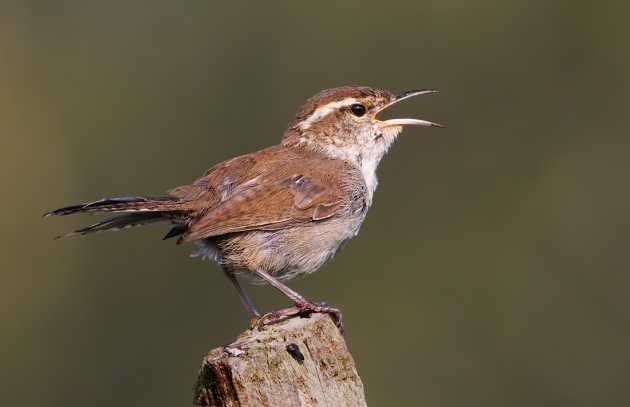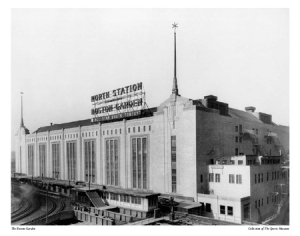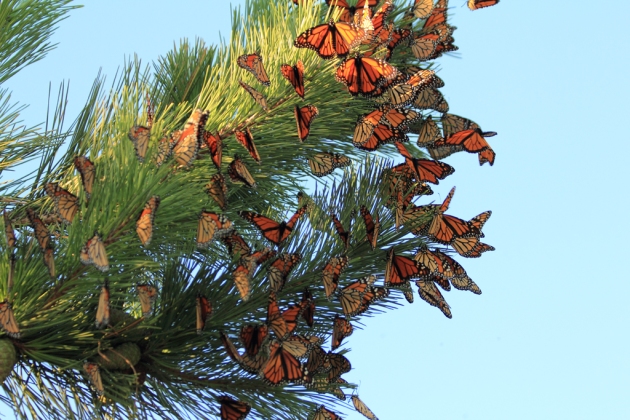“. . . outdo the pleasures of the brilliant concert. . .” (Galway Kinnell)
July 12, 2014 Leave a comment
Enough of politics! of ballots rolled into joints and smoked. Let’s talk about sex.
The old Boston Garden. North Station. From the North Shore train into the city, I headed down to catch the Orange Line out to the college for my day of teaching. About 1990. We residents of Boston’s North Shore were “green” way back then. We rode the train the 25 miles to work rather than drive.
In the station I met an acquaintance headed out to catch the train out to Salem. He lived in the city and worked for Essex County in Salem. I’ve forgotten his name even though I was only 45, with my mind as intact as it had ever been. I was a relatively attractive dude. He was more than relatively attractive.
He walked straight toward me, and I said “Hello.” He was with a woman, both of them dressed for the office and carrying brief cases, and I assumed she was a work colleague. He looked at me, shrugged his shoulders, said nothing, and walked past me.
I found out later my assumption was correct, that since he didn’t know my last name, he didn’t want to have to introduce us or explain to her how we knew each other, so he ignored me. Any gay man—and lots of other folks—knows this scene. He was a “trick,” not a friend. Different from most tricks. I had been with him several times and absolutely sorta kinda fantasized we’d be real lovers or partners or something. Delusional, of course.
That morning I was rejected as well as delusional. Funny how certain moments, unimportant in the scheme of things, stick in one’s memory.
The giant billboard in the station displayed a photo of Steven Tyler clutching a microphone to his incredibly wide open mouth, his hair swirling about him—if you’re older than 30, you know the picture—announcing an Aerosmith concert later that week at the Garden. Boston’s own Aerosmith.
In my rejection, I decided I must buy a ticket. I knew Aerosmith’s recent releases of “Dude” and “Janie’s Got a Gun.” One of my students who fancied himself the next Steven Tyler insisted I listen to the album, and then I saw the video of “Janie” on M-TV. “Janie’s Got a Gun” lodged under my skin in a way few pop songs do, for reasons I will write about some day.
I had a much-too-sensorially stimulating evening as a wanna-be teenager (except, as I recall, many in the audience were about my age—Aerosmith had been around for quite a while). I was into Sex, Drugs, and Rock ‘n Roll (minus the Drugs—I was clean and sober by then—and minus the Rock ‘n Roll—I was, after all, an elitist classical musician).
Funny. Of all the concerts, both classical and not-so-classical, I’ve been to since then, the sensory memory of that evening is still clear. I think—no, I know—that’s because I attended the concert to assuage my hurt.
Isn’t that what sex is all about? The ultimate drug of escape?
No, you say?
Of course I know better. I’ve been through enough therapy and 12-step meetings and retreats and seminars and—you name it—to know that’s not what sex is all about.
So why am I writing now with an Aerosmith concert as the central theme of the piece, an Aerosmith concert I attended with sexual fantasies not as merely an overtone but as the raison d’être?
Like all so-called “rhetorical questions,” that one is disingenuous. If I know the answer, why not simply say it, and if I don’t know the answer, I have no business asking the question as part of an “argument.”
Forget about becoming emaciated. Think of the wren
and how little flesh is needed to make a song. . .
My “argument” now takes a sharp ninety-degree turn. Forget about becoming emaciated. Don’t worry about eating. Doesn’t (what, sex? love? companionship?) “outdo the pleasures of the brilliant concert?”
The rhetorical question again. Kinnell’s poem is a litany of images of eating (my favorite is “book lice clicking their sexual dissonance inside an old Webster’s New International, perhaps having just eaten out of it izle, xyster, and thalassacon”).
[NOTE: “Izle” – ember; “xyster”– surgical rasp or file; “thalassacon”—this must be a real word, too, but I can’t find it anywhere]
Here the connection between eating and sex is explicit. But with the wren, Kinnell is piling image upon image. Don’t worry about not eating because even the wren, tiny as it is, can sing. In the middle of the contemplation of eating and sex comes the contemplation of music and– and what? Sex? And back to eating? Casanova throwing his spaghetti out the window because—apparently—eating spoils love-making?
Now I am as confused as ever I hope to be. These wonderful images—Monarch butterflies in their migration from—from where? Ohio, Wisconsin?—to Mexico. To the exact forest where they were born. Singing, eating, migration, sex, love, death, rebirth?
What did you imagine lies in wait anyway
at the end of a world whose sub-substance
is glaim, gleet, birdlime, slime, mucus, muck?
[NOTE: “glaim”– viscous substance; “gleet”– discharge, as from a wound; “birdlime”—a sticky material smeared on trees to catch birds]
Now I’ve written myself into a corner where I don’t know what I’ve been trying to say, or where logic (there is none here) will take me next. “Why regret?”
Doesn’t it outdo the pleasures of the brilliant concert
to wake in the night and find ourselves
holding hands in our sleep?
The brilliant concert. The wren. Aerosmith. I don’t know what the poem means or what I meant to say here. Except I want no regrets about any of it.
About anything. Missed love. Concerts. Eating. Not eating. Anything. The memory of waking in the night holding hands with someone in my sleep?
Oh, yes. I nearly forgot. I’m going to a Lady Gaga concert next week.
“Why Regret,” Galway Kinnell (b. 1927, Providence, RI)
Didn’t you like the way the ants help
the peony globes open by eating the glue off?
Weren’t you cheered to see the ironworkers
sitting on an I-beam dangling from a cable,
in a row, like starlings, eating lunch, maybe
baloney on white with fluorescent mustard?
Wasn’t it a revelation to waggle
from the estuary all the way up the river,
the kill, the pirle, the run, the rent, the beck,
the sike barely trickling, to the shock of a spring?
Didn’t you almost shiver, hearing book lice
clicking their sexual dissonance inside an old
Webster’s New International, perhaps having just
eaten out of it izle, xyster, and thalassacon?
What did you imagine lies in wait anyway
at the end of a world whose sub-substance
is glaim, gleet, birdlime, slime, mucus, muck?
Forget about becoming emaciated. Think of the wren
and how little flesh is needed to make a song.
Didn’t it seem somehow familiar when the nymph
split open and the mayfly struggled free
and flew and perched and then its own back
broke open and the imago, the true adult,
somersaulted out and took flight, seeking
the swarm, mouth-parts vestigial,
alimentary canal come to a stop,
a day or hour left to find the desired one?
Or when Casanova took up the platter
of linguine in squid’s ink and slid the stuff
out the window, telling his startled companion,
“The perfected lover does not eat.”
As a child, didn’t you find it calming to imagine
pinworms as some kind of tiny batons
giving cadence to the squeezes and releases
around the downward march of debris?
Didn’t you glimpse in the monarchs
what seemed your own inner blazonry
flapping and gliding, in desire, in the middle air?
Weren’t you reassured to think these flimsy
hinged beings, and then their offspring,
and then their offspring’s offspring, could
navigate, working in shifts, all the way to Mexico,
to the exact plot, perhaps the very tree,
by tracing the flair of the bodies of ancestors
who fell in this same migration a year ago?
Doesn’t it outdo the pleasures of the brilliant concert
to wake in the night and find ourselves
holding hands in our sleep?
(From Strong Is Your Hold. 2006)


